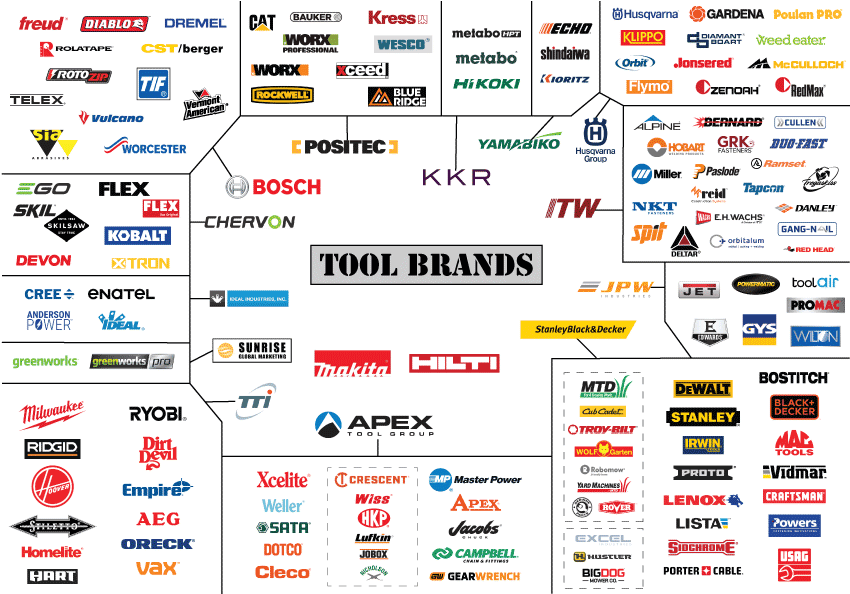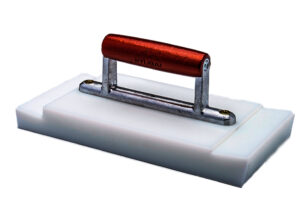Tools are essential for any DIY or home improvement project. From building furniture to fixing a leaky faucet, having the right tool can make all the difference. But who exactly buys these tools? In this article, we will explore the consumer market for hand and power tools and provide insights into what drives their purchasing decisions.
Understanding the Market for Hand and Power Tools
The market for hand and power tools is diverse and complex. It includes both professionals, such as contractors and electricians, as well as do-it-yourselfers (DIYers) who tackle home improvement projects on their own. According to a report by IBISWorld, the hand tool market alone is worth $11 billion in the US, with expected growth of 1.8% annually.
Subheading: The DIYer Market
One significant segment of the tool-buying market is DIYers. These individuals may be homeowners looking to fix something around the house or hobbyists looking to build something from scratch. According to a survey by Home Depot, 80% of homeowners plan to tackle a home improvement project in the next year.
DIYers tend to purchase tools that are versatile and easy to use. They may not have a lot of experience with tools, so they prefer products that are straightforward and don’t require specialized knowledge. This means that brands that offer user-friendly designs and clear instructions are more likely to attract DIY buyers.
Subheading: The Professional Market
Another important market for tools is professionals such as contractors, electricians, and mechanics. These individuals rely on tools to do their job every day, so they have different needs than DIYers. Professionals need tools that are durable, reliable, and efficient.
They also often require specialized tools designed for specific tasks. For example, an electrician may need wire strippers or pliers with a built-in voltage tester. Professionals are also more likely to purchase higher-end products from established brands, as they need tools that can withstand heavy use and last for years.
Subheading: Factors That Influence Tool Purchasing Decisions
When it comes to purchasing tools, several factors come into play. These include price, quality, brand reputation, and features. Let’s take a closer look at each of these factors.
Price: For many consumers, price is the most important factor when buying tools. DIYers may be on a tight budget and want to get the best value for their money, while professionals may be willing to pay more for high-quality products that will last longer.
Quality: Quality is also essential when purchasing tools. Consumers want products that will work effectively and not break after a few uses. Poor quality tools can be frustrating and even dangerous, especially for professionals who rely on them daily.
Brand Reputation: Brand reputation also plays a role in tool purchasing decisions. Established brands with a track record of producing high-quality products are often preferred over lesser-known brands or generic products. Brands like DeWalt, Milwaukee, and Makita are well-respected in the industry and have a loyal following among both professionals and DIYers.
Features: Finally, features such as ergonomics, safety features, and added accessories can also influence purchasing decisions. For example, a power drill with an LED light or magnetic screw holder may be more appealing than one without these features.
Subheading: Where Do Tool Buyers Shop?
Tool buyers have several options when it comes to where they purchase their products. Brick-and-mortar stores such as Home Depot or Lowe’s are popular destinations for both DIYers and professionals. These stores offer a wide selection of products and expert advice from staff members who know the ins and outs of various tools.
Online retailers such as Amazon or eBay are also popular among tool buyers. Shopping online allows consumers to compare prices easily and read reviews from other buyers before making a purchase. Many established brands also have their own online stores, which offer exclusive deals and promotions.
Subheading: Conclusion
In conclusion, the consumer market for hand and power tools is diverse and complex. DIYers and professionals alike have different needs when it comes to purchasing tools, but factors such as price, quality, brand reputation, and features are essential for both groups.
Retailers that offer a wide selection of high-quality products at competitive prices are more likely to attract tool buyers. Brands that prioritize user-friendly designs, clear instructions, and specialized tools for specific tasks are also preferred by consumers.
Whether shopping in-store or online, consumers have many options when it comes to purchasing tools. By understanding what drives their purchasing decisions, retailers and brands can better cater to the needs of this important market segment.
References:
– IBISWorld. (2021). Hand Tool Manufacturing in the US – Market Size 2002–2027. Retrieved from https://www.ibisworld.com/united-states/hand-tool-manufacturing-industry
– Home Depot. (2019). The State of Home Improvement 2019. Retrieved from https://ir.homedepot.com/static-files/6f5bc22a-a57c-43b3-8645-4ddcc723ebde
– Forbes Business Council. (2021). How To Choose The Best Power Tools For Your Needs. Retrieved from https://www.forbes.com/sites/forbesbusinesscouncil/2021/05/11/how-to-choose-the-best-power-tools-for-your-needs/?sh=47d204e86e0d




